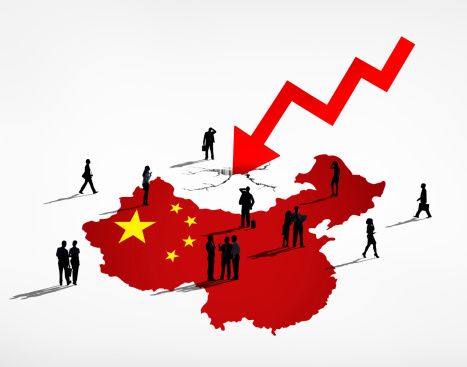As the economies of countries around the world continue to develop, foreign trade and an interdependence of firms, markets, and countries continues to growth and expand. This development has lead to intense competition among different countries, industries, and firms to claim their share within the global markets. There are several major trends influencing the growth of international business, and how the players in the international arena interact. Here are 5 of the major international business trends.
1) Forced Dynamism
International business is a complex topic because the environmentally is constantly changing. Business continually push for new ways to expand and grow, adopting new technologies in the process. The cultures and politics that shape countries and they ways in which these countries act are continually changing as well. These factors all influence the ways in which global economies develop and interact with each other.
2) Cooperation Among Countries
Countries cooperate and conduct business with each other through thousands of different international organizations, treaties, and consultations. This cooperation tends to encourage globalization because restrictions on business operations tend to become less restricted. Business and countries are able to benefit from more cooperation because they can grow their markets, solve more complex problems, and deal with concerns that lie outside of one’s territory.
3) Liberalization of Cross-Border Movements
In one way or another, every country restricts the movement across its borders of goods, services, and resources. These restrictions tend to limit international trade and business. However, countries today impose much fewer restrictions on cross-border movements than they did in the past. This has allowed companies to take advantage of opportunities, and markets, around the world. When countries are more open to cross-border movements, consumers have better access to a greater variety of goods and services at a lower price. This also creates more competition, forcing producers to become more efficient because they are competing with foreign companies.
4) Transfer of Technology
Technology transfer refers to the process by which commercial technology is disseminated to governments and businesses around the world. When two organizations agree to a technology transfer, all areas of the economy and society benefit, including research and education, transportation, employment, infrastructure, and agriculture among others.
5) Growth in Emerging Markets
The growth of emerging markets has benefited international business in two major ways. First, they have increased the potential size of markets, giving companies a greater number of people to sell their products or services too. Second, as these markets grow, they are developing an entire new generation of innovative companies that can help address the world’s most pressing issues.



 Greece has been on the economic ropes lately. After a headlong collision with debt, the eurozone is debating over how to handle Greece’s slip up. Currently in talks to receive their third bailout, political battles have erupted over whether or not Greece is deserving of their third and final chance. Should this latest bailout be agreed upon, Greece is set to meet some strict guidelines informing them how to use the funding. Whether or not the troubled country will be willing to meet these stringent rules has yet to be seen.
Greece has been on the economic ropes lately. After a headlong collision with debt, the eurozone is debating over how to handle Greece’s slip up. Currently in talks to receive their third bailout, political battles have erupted over whether or not Greece is deserving of their third and final chance. Should this latest bailout be agreed upon, Greece is set to meet some strict guidelines informing them how to use the funding. Whether or not the troubled country will be willing to meet these stringent rules has yet to be seen.